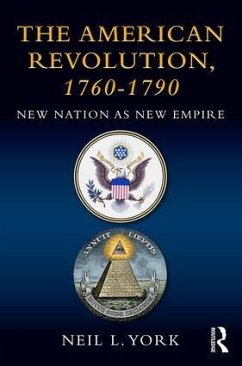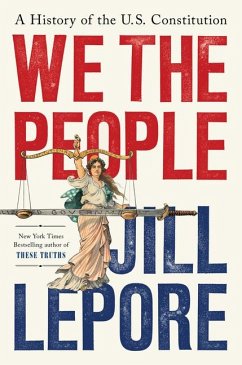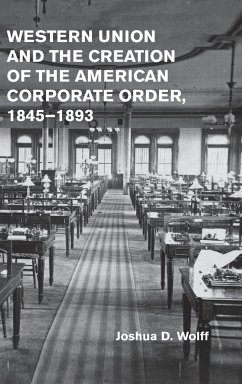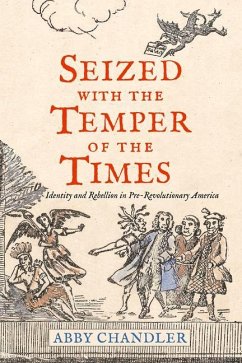
The Creation of America
Through Revolution to Empire

PAYBACK Punkte
48 °P sammeln!
In the standard presentation of the American Revolution, a ragtag assortment of revolutionaries, inspired by ideals of liberty and justice, throw off the yoke of the British empire and bring democracy to the New World. In place of this fairy tale, Francis Jennings presents a realistic alternative: a privileged elite, dreaming of empire, clone their own empire from the British. This book, first published in 2000, shows that the colonists intended from the first to conquer American Indians. Though subordinate to the British crown, the colonists ruled over beaten native peoples. Some colonists bo...
In the standard presentation of the American Revolution, a ragtag assortment of revolutionaries, inspired by ideals of liberty and justice, throw off the yoke of the British empire and bring democracy to the New World. In place of this fairy tale, Francis Jennings presents a realistic alternative: a privileged elite, dreaming of empire, clone their own empire from the British. This book, first published in 2000, shows that the colonists intended from the first to conquer American Indians. Though subordinate to the British crown, the colonists ruled over beaten native peoples. Some colonists bought Africans as slaves and rigidly ruled over them, and the colonists invented racial gradation to justify conquests and oppression. Jennings reveals as war propaganda the revolutionary rhetoric about liberty and virtue. Including the whole population in this meticulously documented history, Jennings provides an eloquent explanation for a host of anomalies, ambiguities, and iniquities that have followed in the American Revolution's wake.














